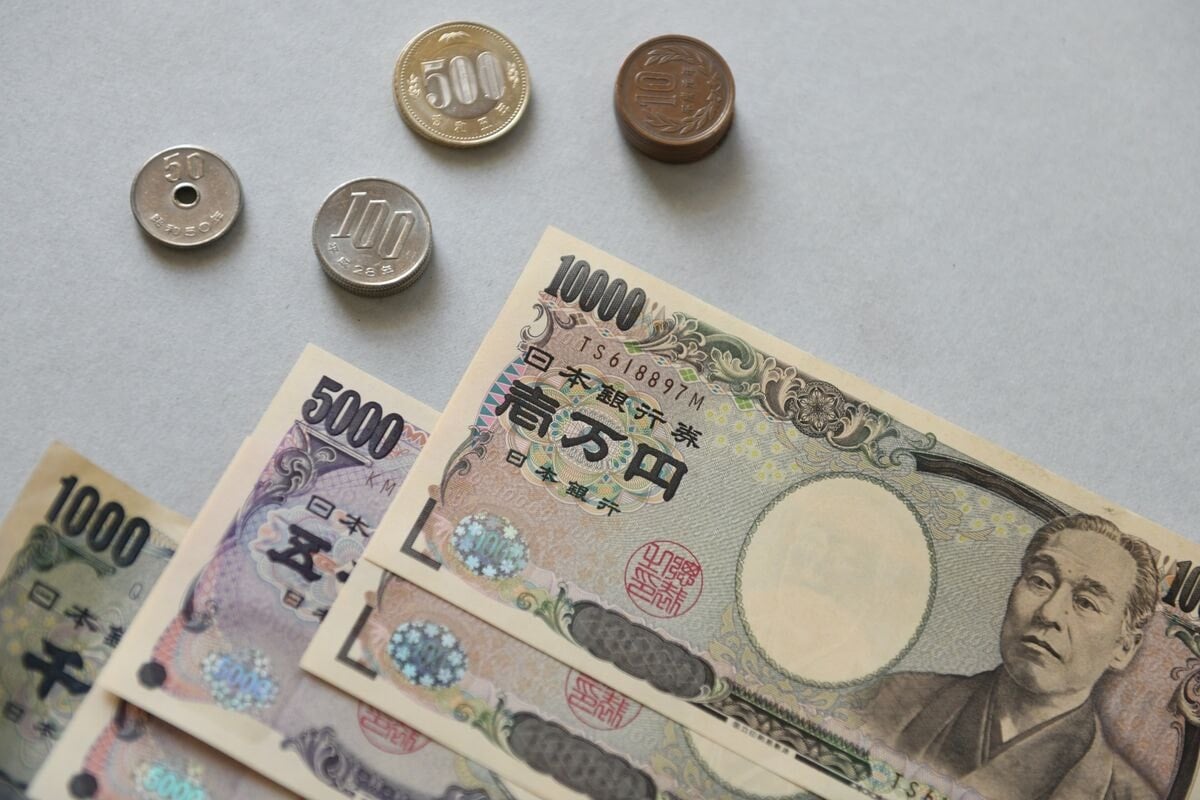On the morning of May 7, 2025, the Japanese Yen exchange rate at domestic banks recorded mixed fluctuations. Some banks adjusted it up, while others slightly decreased it.
In the domestic market, the difference between banks is quite clear. Eximbank is currently the unit with the highest buying price of Japanese Yen at 178.82 VND/JPY, while Techcombank has the lowest price at 174.46 VND/JPY. On the selling side, BIDV listed the highest price at 186.46 VND/JPY, while Eximbank continued to maintain the lowest price at 184.99 VND/JPY.
The Japanese Yen exchange rate on the free market is currently at 181.54 VND/JPY for buying and 182.7 VND/JPY for selling, higher than some commercial banks.

The USD/JPY pair has fallen below 144 as cautious sentiment returns to global financial markets. The Japanese Yen, considered a safe haven, is attracting strong flows as investors adjust their expectations for monetary policy from the US Federal Reserve (Fed) and the Bank of Japan (BoJ).
The decline in the dollar came as a series of US economic data showed that inflationary pressures were easing. The core personal consumption expenditures (PCE) price index fell to 2.6%, while the March CPI also cooled to 2.4%. These developments led investors to believe that the Fed could ease policy later in the year, putting pressure on the dollar.
At the same time, uncertainties surrounding the trade policy of the Trump administration, especially the possibility of imposing tariffs on Japanese goods, also boosted capital flows into the Japanese yen.
Looking ahead, while the Fed is unlikely to change interest rates at the upcoming FOMC meeting, investors are closely watching for signals regarding the policy path in the coming months. Meanwhile, the BoJ kept interest rates at 0.5% and maintained a cautious stance.
However, recent comments by Governor Kazuo Ueda suggest the BoJ could raise interest rates at least once more this year if inflation and wages continue to rise.
With the above factors, the Japanese Yen is expected to continue to be strongly supported as a safe asset, especially when the BoJ gradually exits its years-long ultra-loose policy.
Source: https://baoquangnam.vn/ty-gia-yen-nhat-hom-nay-7-5-xu-huong-tang-manh-3154242.html




































































































Comment (0)